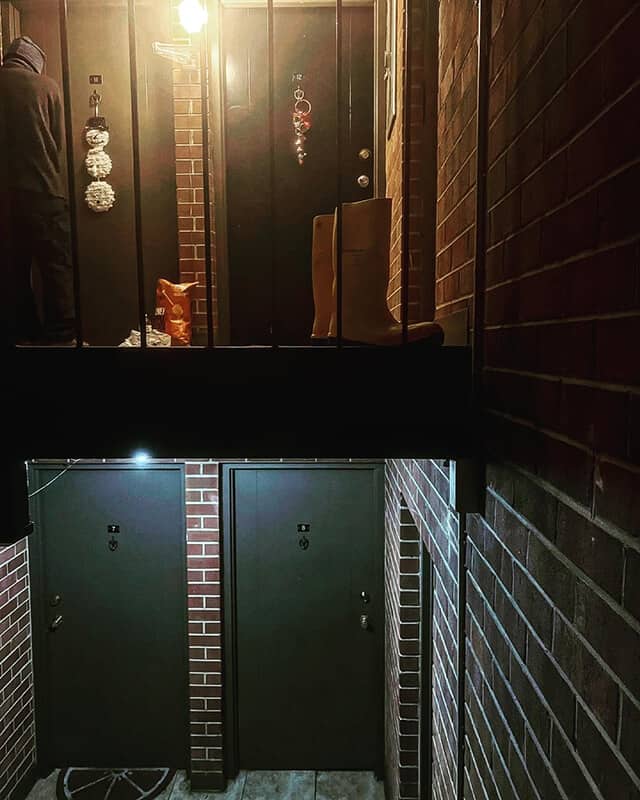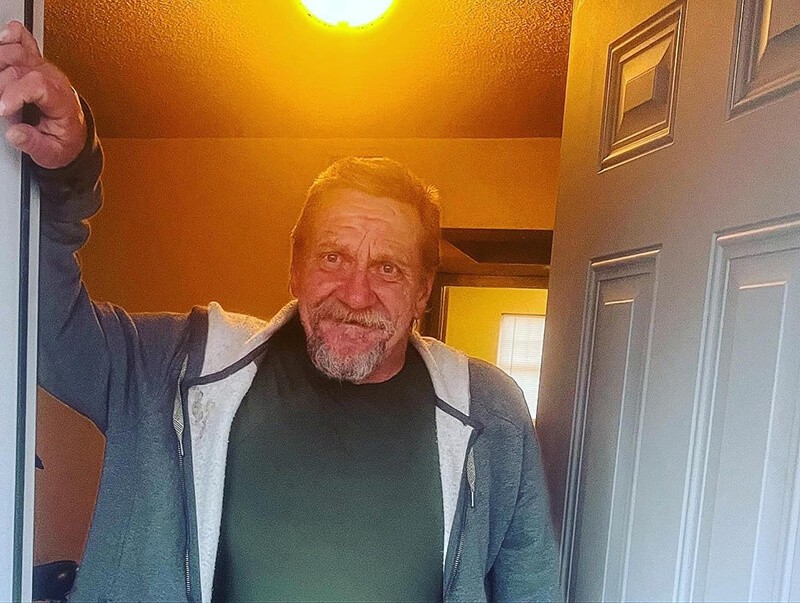Post-Housing Support
According to The National Alliance to End Homelessness: People experiencing homelessness are often living with both chronic and acute physical and mental health conditions.
Although housing is a critical piece of the healthcare puzzle for people experiencing homelessness, it is also not a one-stop solution. Once housing has been established, difficulties do not magically end—and in fact, the transition into housing after a period of prolonged homelessness can present entirely new challenges for people who have been living on the streets or in shelters. This cultural transition requires that people quickly learn new behaviors and skill sets to pay rent, keep the house clean, grocery shop, budget, seek employment or disability, and perform various household tasks.
Common reasons for evictions of recently housed people include lease violations (such as inviting other people to stay in the home who are not on the lease or the presence of illegal substances), the cleanliness and upkeep of apartments and properties, and not being able to pay bills or rent. Just like the individual challenges that every person navigates, the transition out of the trauma of homelessness and into a place of safety and, security and stability looks so different for everyone.
Overall, there is a gap in the type of services that are provided for people who are experiencing homelessness. There is a thought that people should transition into whatever they are provided, with no consideration for what someone has experienced or might experience later, and this sets people up for failure. Societally, people ask: What could go wrong when we stick people in an apartment? Isn’t this what they wanted? But the reality is that it takes more than just four walls for someone to feel safe and secure in their housing situation. It is Help Right Here’s mission to continue offering support to our 12th & Peeples residents and grow our capabilities to take on more clients. Post-housing support is critical to keeping people housed.


